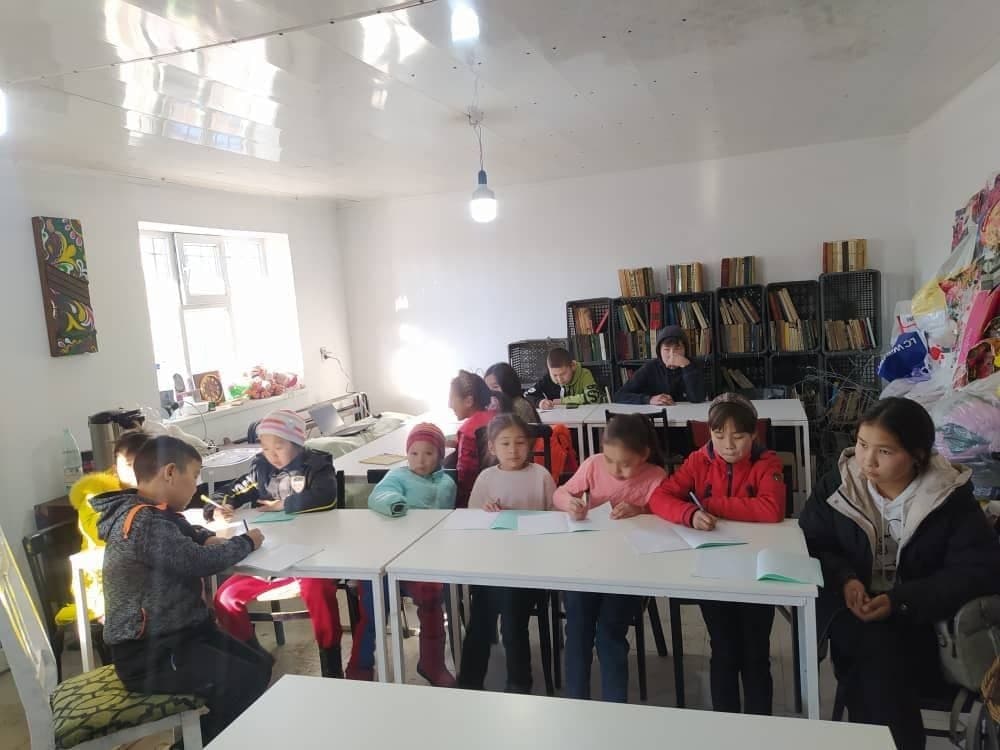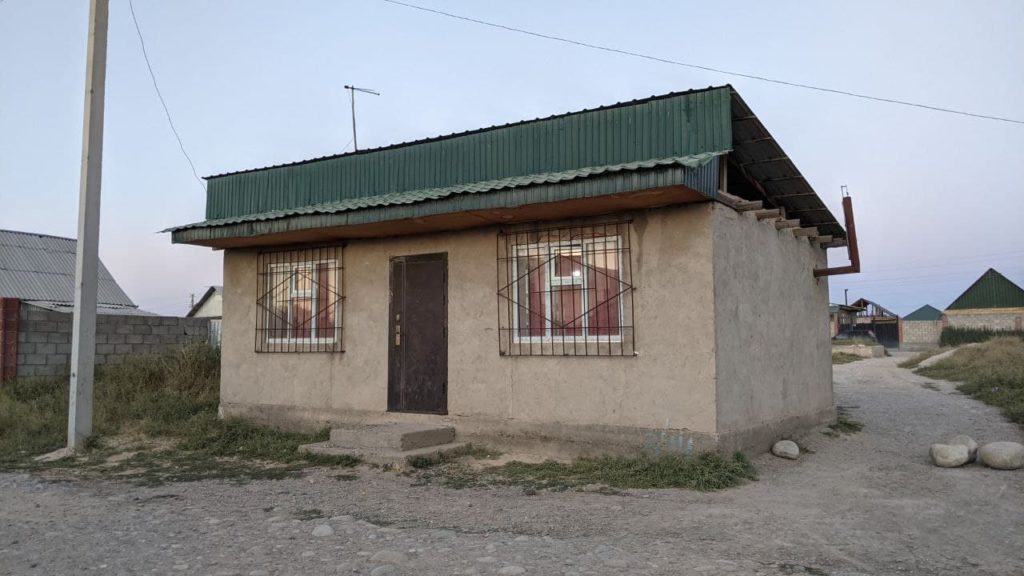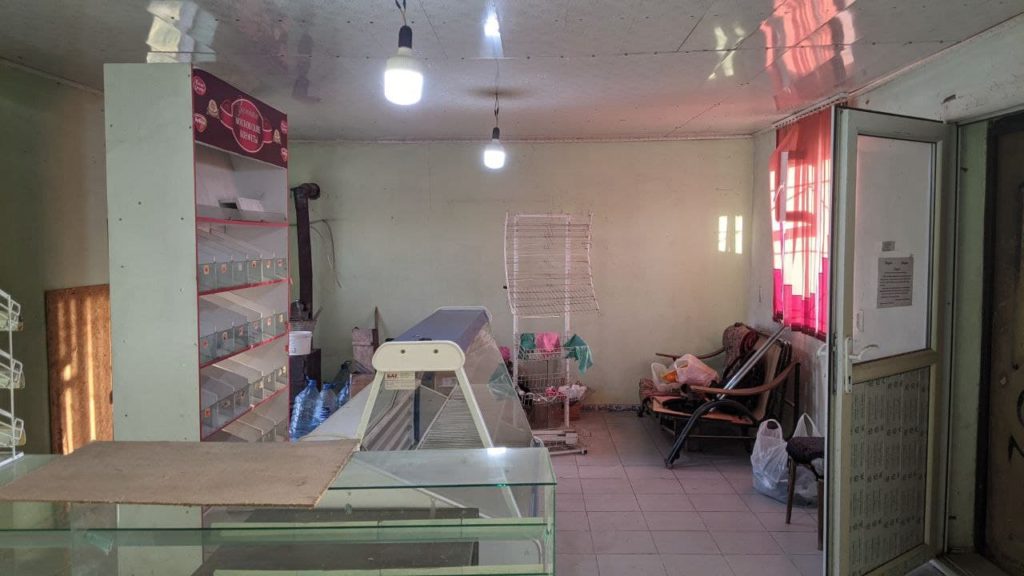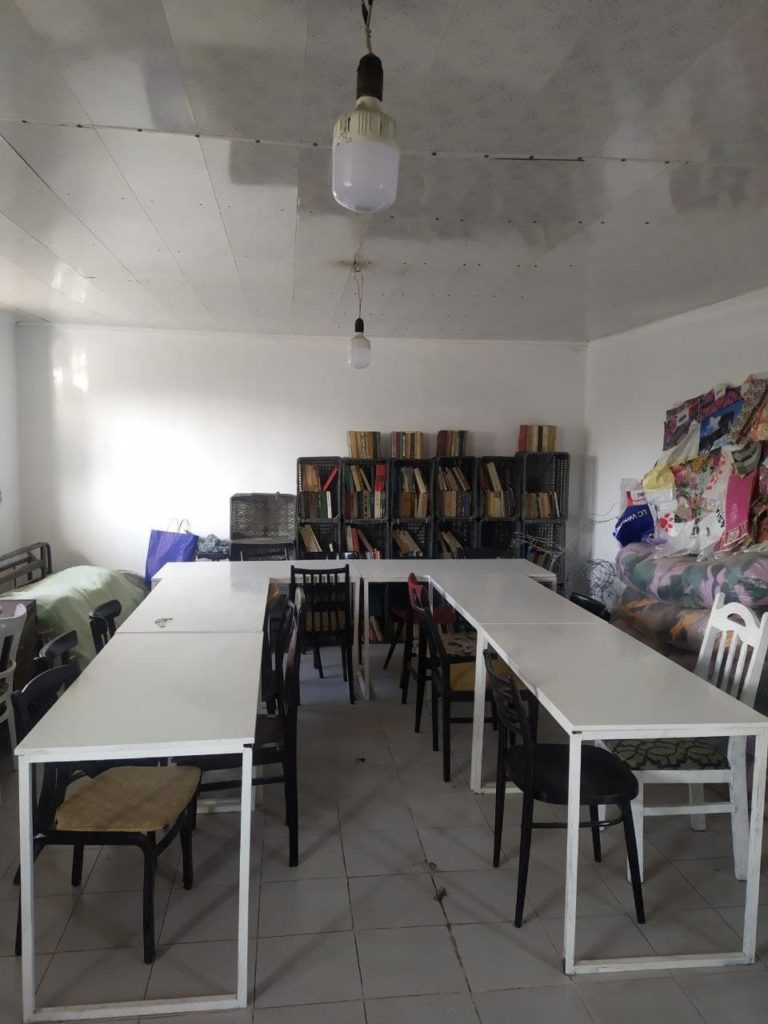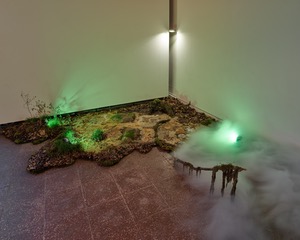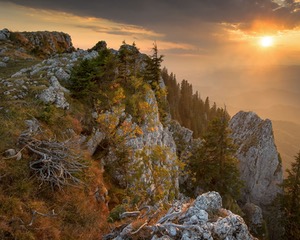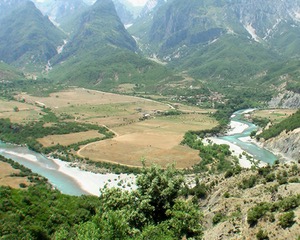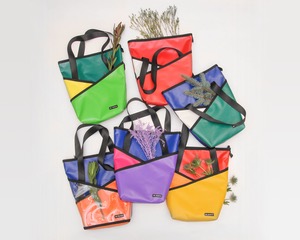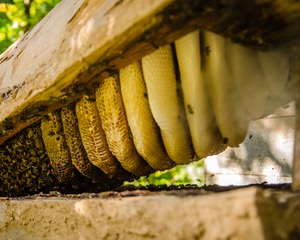Pieces of art at TRASH III: Art and Ecology. Altyn-Kazyk, Bishkek, 2021. Photo by Oxana Kapishnikova
Meet Your Trash
Interview with Bermet Borubaeva
By Braden R. Bjella
Sign up for our monthly newsletter!
Bishkek, Kyrgyzstan was once one of greenest cities in the Soviet Union; today, the city is routinely ranked amongst the worst in the world in terms of air pollution. There are many factors that led to this, ranging from government corruption to waste mismanagement. But no matter how the city got to its current position, it does not appear to be improving anytime soon.
However, researcher, curator, and artist Bermet Borubaeva is trying to change that. By staging protests, holding Trash Festivals, and building a community library and educational center, Bermet and those working with her are forcing people — and, crucially, the government — to take the topic of pollution seriously.

Why does Bishkek continue to be so heavily polluted?
What you’re talking about is really terrible. I lived in Moscow for seven years, and when I came back to my own town of Bishkek for my holidays, I realized that we were inside of the air pollution catastrophe. As you said, it’s [among] the world’s most polluted cities, mostly in winter. There’s no ecological reason for that; it’s mostly a problem of the government and how the government and those in power solve urban issues. It’s a political issue to have a green and clean city with normal public transportation, without any air pollution, with proper working waste management — and our state fails at it.
For example, we have more than 1 million people, and we have very few buses for them. That’s not because we don’t have money — this city has the money. They should spend it properly, but they can only steal. There’s a lot of corruption, and people don’t have any chance to protest or anything like that, because many of the citizens in very poor conditions go out to work as migrant laborers. That means that while most of the working people are outside of the country, there are many elderly people and children within the country depending on them.

There is no one-day solution to an issue like this. There should be a several stage policy that regulates and controls everything, and right now, we don’t have any kind of control like that. For another example, we have a 50 hectare landfill of constantly burning trash very close to the city, and no one cares. The government even spent over 20 million Euros for the re-cultivation of this landfill — and very little was done.
You decided to call attention to the issue of pollution with a series of Trash Festivals. What protests and actions led up to this?
I had come to Bishkek for an exhibition seminar, and the air pollution was terrible and getting worse; it smelled like there was constantly a fire next to you. It was impossible to breathe. So I suggested to my friends that we should make something, anything, about this.
First, we made a silent protest in Bishkek with masks. The police tried to interrupt this action — [but] in the end, I decided to go forward with it. It attracted a lot of attention, which was very important because our city government had always denied that air pollution was a problem… That was the main focus of the action: to make the problem visible and to force the government to recognize this problem, because if you recognize the problem, you have to start to solve it on the government level. And after about a week, the government put out a paper on how to solve the problem of air pollution.

But the paper was nothing. It was just, you know, ‘we need to do something’ and ‘no one is obligated to do anything,’ things like that. That’s why I had to [take] another action: to show people the air quality indicators, and to show people who is responsible for this. So, we made a political exhibition in front of the state parliament with artists, designers, people who made some comics on Instagram, and other people. At this action, I met environmental activists working with trash in the landfill, and later, Iskender Aliev — we actually decided to make a documentary film about air pollution. Next month, we are making a premiere of the film in Bishkek, I hope. But together with this group, we went to the landfill several times, and we made an initiative group to write petitions and letters to the government to resolve this problem. We also went from the center of the city where it’s smoky and cloudy — I mean, in winter, we almost didn’t see [the] sun last year — and we organized buses from there to the mountain that’s close to Bishkek. On the mountain, everyone could see how clear things could be, and how polluted Bishkek is.
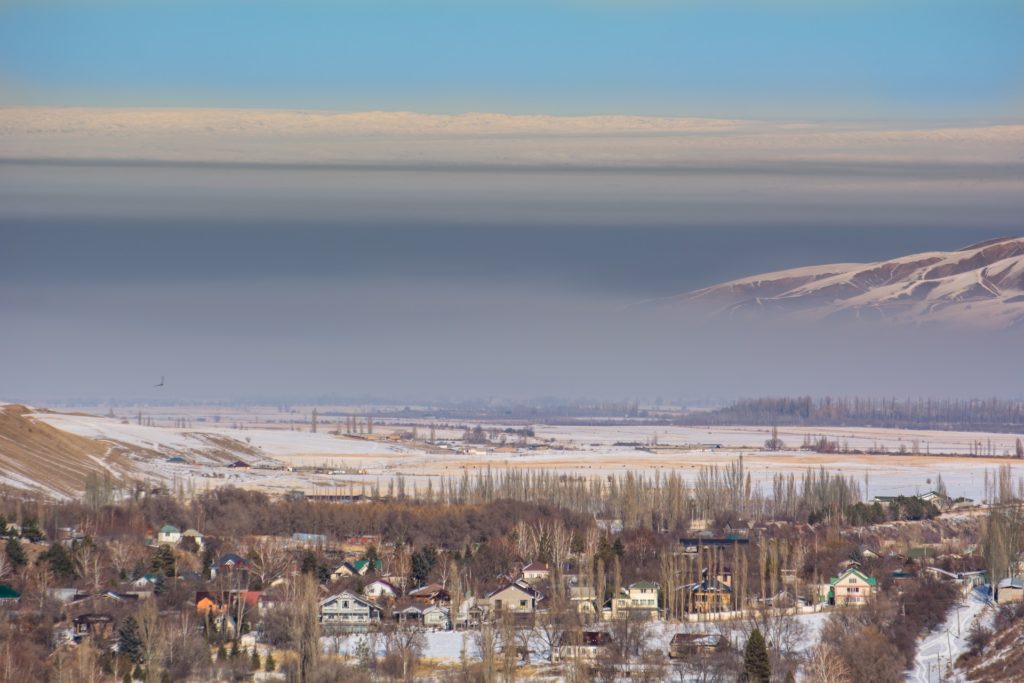
What can you tell us about the Trash Festivals and the work you’ve done following them?
So we had our first two Trash Festivals as students to talk about environmental issues like deforestation. We didn’t get too deep, but then I did my Master’s thesis in Moscow about urban pollution and bike sharing systems. After this, I was able to look at this problem on a more conceptual level, which is when we decided to make the new Trash Festival.

For the location, we decided to go near the landfill, which is next to water reservoirs about 20 minutes away from Bishkek. The nearby area is actually extremely beautiful, but it’s also close to an illegal slum — so it’s this very beautiful area with the water reservoir, and on the other side, this landfill that’s constantly burning and putting out air pollution… I wanted to make the festival here to show this [contrast].
We now had the Bishkek School of Contemporary Art, so we joined all the resources that we had to make this one festival. We had very interesting international and local artists who made works, and we had some participants who had never exhibited before. But it wasn’t just art — we set up resources for people to help each other. For example, one person just put up some rails for clothes, and people could come and exchange their clothes. They also made a workshop to help children have and understand their dreams, make them realize what children in this place could do and become — they could be designers, creative people, or even bloggers!
The Library of Saved Books and community center was made in the building of a disused shop. Altyn-Kazyk, Bishkek, 2021. Photo by Bermet Borubaeva
We also made a Library of Saved Books, which is both a library and an educational center for children. Now, we can organize English lessons and have workshops there. I also think it’s important for people to meet the people who live in an area like this, and this center helps with that. The people there are very smart and responsible, and they really want to learn things. When we said that we would have classes, for example, they came. There was a big queue for knowledge.
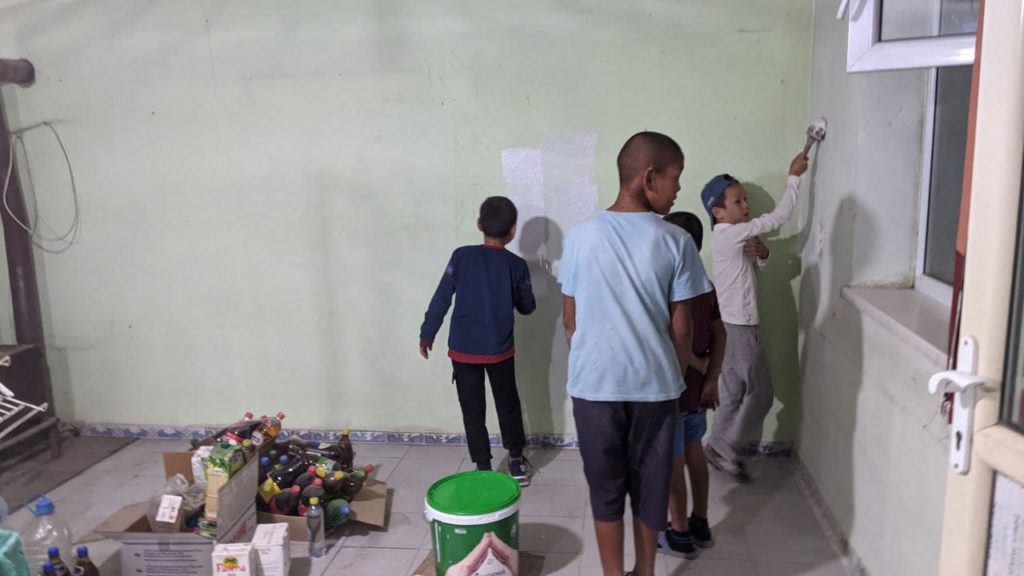
How can these pollution issues be solved, and how can people support your work?
There are so many solutions, and right now, the government just doesn’t feel any kind of responsibility to do them. First, we need to divide bio-trash from other trash — but we also need proper waste management, because in places without this, they will keep burning their garbage. Many of the problems, and solutions, are systemic. We need to support the people with things like waste management and public transportation.
As for the Bishkek School of Contemporary Art and the center, we don’t have any support. We pay for everything ourselves… I am trying to find any kind of opportunity to sustain this space, because now we have volunteers who are giving English lessons for children. We’ll also have some artists who make some drawings with the children, and I will make some kind of upcycling workshop. Really, I think this place can be like a center for thinking about what we can do with trash. This landfill shouldn’t exist — that’s my main thesis. It’s already impossible to live like this, and things like the Trash Festival show that there are alternatives and so many solutions, and that change is possible.
Bermet Borubaeva is a researcher, curator, and artist from Bishkek, Kyrgyzstan, and co-curator of the Bishkek School of Contemporary Art. In her practice, Bermet engages with the political and economic issues of food production and conservation, labor, migration, urban environments, and gender emancipation.
Braden Bjella is an American culture journalist based in Eastern Europe covering music, politics, history, the environment, and the intersections therein.
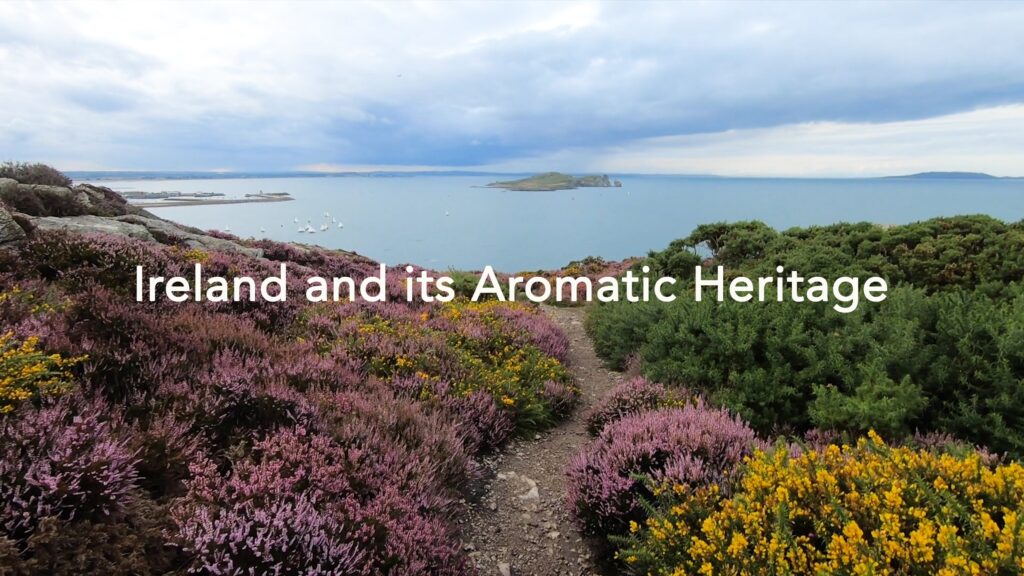
As Ireland transitions from the rich, smoky scent of peat-burning to a more sustainable future, its olfactory heritage is evolving. What will become the next iconic aromatic symbol of Ireland?
Click to watch the documentary trailer.

